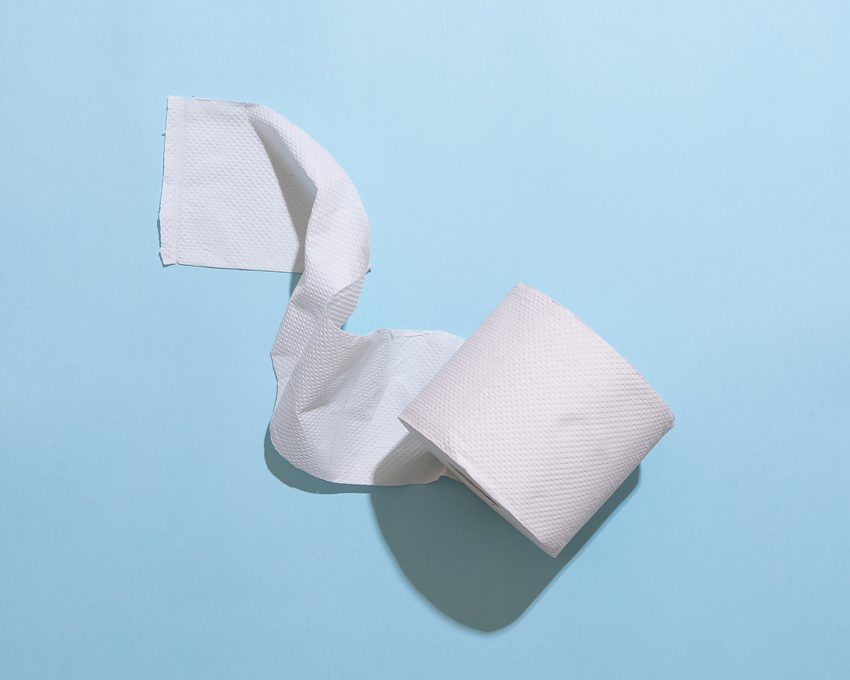Semaglutide is the active ingredient in Wegovy injections, which can sometimes cause some unpleasant side effects when you first start using it.
Unfortunately, there’s no way to know if you’ll experience side effects until you try the medication, but there’s good news!
Even if you experience side effects, medications or remedies can often help ease them.
In fact, if you experience side effects that you need medication for, please contact us, as supporting treatments are included in the cost of your consultation.
We believe that you should receive as much support as possible to achieve your weight management goals, and at myBMI, treatments to help you cope with side effects are part of our support.
If you’re wondering how you can ease your side effects in the meantime, read on to find out what you can do!
Do side effects of semaglutide go away?
Most people who do experience side effects with semaglutide say that they go away within a few weeks once the body has become used to the medication.
To reduce side effects as much as possible, you’ll be started on a low dose of semaglutide and gradually increased to a therapeutic dose. This is known as titration, which allows your body to gradually get used to the medication, thus helping to reduce side effects and their severity.

If you’re still struggling with side effects for a few weeks after you’ve reached the therapeutic dose, you should speak to your prescriber.
They may want to offer a supporting treatment or may even suggest reducing your dose for a while until the side effects of semaglutide wear off.
Even though you might feel a bit unpleasant when you first start taking semaglutide, please remember that for most people, it isn’t permanent, and you should start to feel better as the weeks go on.
How long does it take to get used to semaglutide?
How long it takes to get used to semaglutide depends on each individual. Some people never experience any adverse effects, whilst others can’t tolerate the medication and may need to switch to an alternative treatment, such as Mounjaro (tirzepatide).
However, we would generally recommend waiting a few weeks after starting the therapeutic dose (1.0mg weekly for semaglutide injections) to see if the side effects subside.
If not, you should contact your prescriber to talk about your options.
What are the side effects of semaglutide?
Semaglutide side effects mostly involve the bowels and gut due to the way it works in the body. Because semaglutide slows down the digestive process, it can cause gastrointestinal side effects that you might not be used to.
Some of the most common side effects of semaglutide include:
- Nausea
- Vomiting
- Diarrhoea
- Indigestion
- Acid reflux
- Heartburn
- Constipation
- Bloating
- Gas
- Stomach cramps
Luckily, most of these fade within a few weeks of taking medication, but they’re also fairly easy to treat while you’re waiting for your body to adjust to the semaglutide.
Nausea and vomiting caused by semaglutide
Nobody likes feeling or being sick, but unfortunately, new medicines can sometimes cause nausea and vomiting. However, there are various things that you can do to try and reduce the sensation of feeling nauseous.
Semaglutide nausea relief
One of the most well-known remedies for nausea is ginger, with many people using ginger tea, cordials, or even ginger beer to make a bout of sickness disappear. You should be able to find all of the above in most supermarkets and fresh ginger root, which should be peeled before use.
If you feel sick on Wegovy after eating, you may be eating too much. One of the best things you can do in this situation is to eat smaller meals and eat only as frequently as the medication allows. However, try to avoid long periods of fasting that can result in rebound hunger.
This should ensure that your stomach is never too full and that you shouldn’t feel hungry between meals.
Eating too much food can often make us feel sick even without an appetite suppressant, so it’s even more important to monitor portion sizes when using semaglutide.
You should also avoid eating too close to bedtime and being too active after eating a meal. Try to let yourself digest your food before doing anything strenuous, as this can also contribute to nausea.
If you find that no home remedies help with your sickness, you should contact your myBMI prescriber, as they might be able to give you a supporting treatment to relieve nausea. Various medications are available, such as Pepto Bismol or Buccastem, but if you need treatment, your prescriber will ensure you receive something safe to take.
How to deal with diarrhoea from semaglutide
Diarrhoea happens to most people at some point in their lives, and whilst it can be painful, frustrating and embarrassing, it’s also treatable.

Any bowel issues that you experience when you start using semaglutide should die down within a few weeks, but until then, you should try to eat more soluble fibre, as this can help to bulk out your poo by absorbing excess water.
It’s important to know the difference between soluble and insoluble fibre, as whilst soluble fibre is great for diarrhoea, insoluble fibre is better for constipation. So you don’t want to get the two mixed up!
Soluble fibre can be found in foods such as:
- Beans
- Oats
- Peas
- Whole grains
- Bananas
- Potatoes
Many more examples of soluble fibre can be found online.
However, you should avoid eating too much fibre, as this can have the opposite effect and worsen your diarrhoea.
If you’re already eating plenty of fibre (and not too much), you may need to consider other ways to stop diarrhoea.
For example, if you’re losing a lot of fluid through diarrhoea, you may need to use oral rehydration sachets (similar to Dioralyte) to replace the minerals your body has lost. You may also need to use these if you’ve been vomiting a lot.
To stop the diarrhoea, your prescriber might recommend that you take loperamide – a medicine that helps slow down food movement as it travels through your gut.
This helps your body to absorb more water from your stools, making your poo firmer. This should reduce the frequency and urgency of needing to go to the toilet.
Constipation from semaglutide
Constipation can be just as bad as diarrhoea and often causes pain and discomfort. Because semaglutide slows down the digestive process, it means that food stays in your gut for longer, so your body absorbs more water from your poo.
This can mean that it becomes hard, dry and difficult to pass, causing constipation.
You can do a range of things to help constipation caused by Wegovy, such as eating more insoluble fibre (found in almost all fruit and vegetables) and drinking more water to try to make your stools softer and easier to pass.
If adding more fibre to your diet doesn’t help reduce constipation, you should contact myBMI and ask about any supporting treatments you might be able to take.
There are various laxatives that are available to treat constipation, and they’re available in a range of different forms. Your prescriber will have a discussion with you about which would be the best laxative for you to take.
In the meantime, you should be able to find Senna or alternative medicine at your nearest supermarket.
Acid reflux, indigestion and heartburn from semaglutide
Although these conditions are different, the three terms are often used interchangeably because they share similar symptoms and can often be treated in the same way.
Acid reflux is often felt in the chest or the back of the throat and can feel like a burning sensation. Many people who suffer from it regularly find that their symptoms are worse at night when lying down.
This is because your stomach acid is more likely to flow into the oesophagus than if you’re upright.
One way of relieving heartburn is to raise the head of your bed slightly and sleep in a reclined position rather than lying down flat. This helps keep any excess acid as far into your stomach as possible and hopefully reduces any irritation in your chest or throat.
If this doesn’t help or you experience indigestion during the day, you can try other things, such as eating smaller portions or grazing throughout the day instead of having set mealtimes.
This might help to reduce the amount of food in your stomach, so it doesn’t have to produce as much acid to digest it.
If you still struggle with heartburn, please contact your prescriber. They may be able to offer antacids or even a stronger medicine such as omeprazole or lansoprazole to help ease your symptoms.
Bloating, gas and stomach cramps from semaglutide
Although these three side effects aren’t all the same, they can often be treated in the same way. Excess gas often causes all of the above symptoms, which can be incredibly painful to deal with at times.

These are more issues that can sometimes be solved by eating smaller meals more frequently and taking your time while eating and drinking. Exercise can also help relieve gas, as physical activity can help move some of the gas that’s built up—though remember, it has to come out somehow!
You might experience flatulence or burping while trying to remove the built-up gas.
If home methods such as the ones mentioned above don’t help to relieve your gas, you should contact us and ask your prescriber if there are any treatments that could help with your symptoms.
A range of medicines are available to help relieve trapped wind, bloating, and gas, but your prescriber will discuss these with you and decide which one might be most suitable for you.








